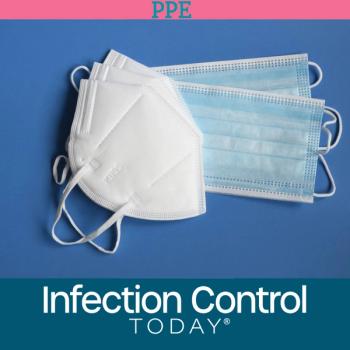
Surgical Masks Offer Little Protection to Healthcare Workers
Because of the shortage of N95 masks, surgical masks have been used. But they don't offer nearly the same protection.
The US Centers for Disease Control and Prevention offers contradictory guidelines when it comes to the use of surgical masks and that’s putting healthcare workers at risk, according to some worker advocates and experts. The availability of all kinds of masks-but especially
Many experts agree about surgical masks not providing adequate protection.
But because of the shortage of N95 masks, surgical masks have been used. Kaiser Health News (KHN)
Jonathan Rosen, a health and safety expert who advises unions, states and the federal government, tells KHN: “There’s no doubt in my mind that that’s one of the reasons that so many health care workers are getting sick and many are dying.”
The CDC says that about 28,000 healthcare workers have gotten COVID-19 and 71 have died as of April 23.
Lisa Baum, the lead occupational health and safety representative for the New York State Nurses Association, tells KHN: “A surgical mask is not a form of PPE. … [If you] cough or sneeze, it catches some of the virus. It does not protect the wearer.”
The 95 in the N95 name comes from the fact that the masks can block 95% of miniscule air particles. According a major manufacturer of N95s, 3M, surgical masks are just not equipped to block particles smaller than
In an
Brousseau also said: “Surgical masks, I decided, based on the literature, might have a role as source control for people who have symptoms. Say if they’re staying home and they have some symptoms. They shouldn’t be something you’d wear if you have symptoms going out into the public because you shouldn’t be going out into the public service. But it’s a good option for patients to wear in healthcare settings where they-especially for those who are experiencing symptoms-to what I would call diminish the viral load.”
She added that “at the end of the day, the only thing that provides personal protection for the person wearing the mask is a respirator.”
Newsletter
Stay prepared and protected with Infection Control Today's newsletter, delivering essential updates, best practices, and expert insights for infection preventionists.




